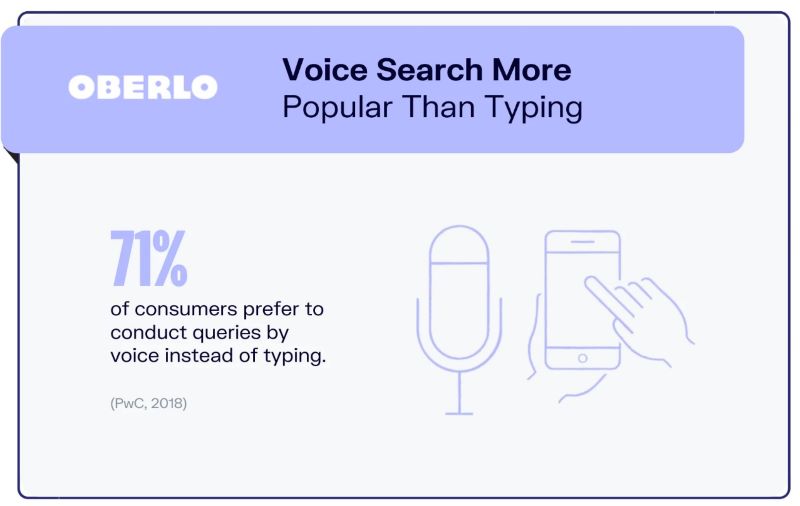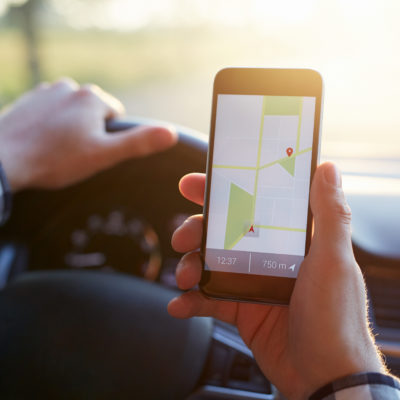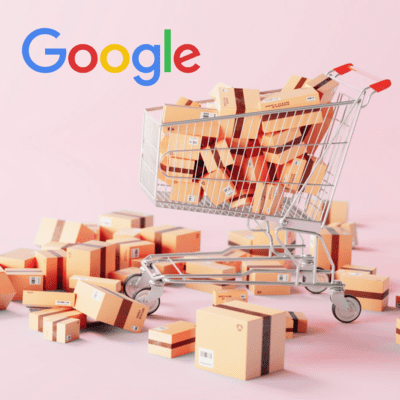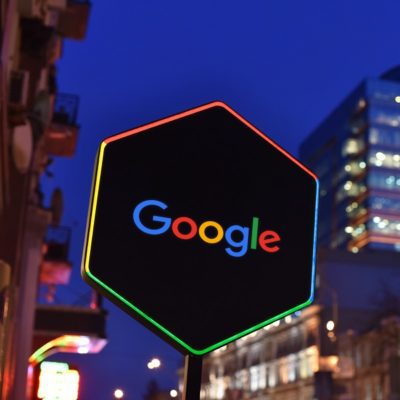Nearly every business has heard of local search marketing, but what exactly is it and why does it matter? We’ll dive into this below and explain why this is a crucial opportunity for local businesses to capitalize on and how to speak to the key advantages that can help you land more local business deals for your agency!
What is Local Search Marketing?
Local search marketing refers to an SEO strategy that focuses on increasing a website’s position on search engines to target a specific geographic area or multiple areas. Websites can rank in both organic local search and the Local Map Pack, getting twice as much exposure. It is especially vital for small to medium-sized businesses who rely on local clientele to capitalize on the benefits of local search strategies to help capture business from people searching for a product or service now.
Why is Local SEO Important?
Consumer preferences are shifting to a hybrid experience where they desire the option of both in-store and online experiences. 50% of all local searches result in a visit within 24 hours and if that’s not telling enough, 80% of mobile local search traffic converts. Being able to reach potential customers in a targeted region that are more likely to convert can give websites a competitive advantage. This helps them stay on top of mind with consumers, increasing organic sales, and achieving sustainable growth and revenue generation.
Local SEO vs Organic SEO: What is the Difference Between Local and Global SEO?
As explained above, a local search marketing strategy optimizes websites to rank high on search engines for specific geographical areas. Local SEO is beneficial for any business that:
- Has a physical location people can visit
- Can service a specific area (or areas) even though there may not be a physical storefront
- Has physical storefronts in multiple locations (like a franchise)
Local SEO ranking factors differ from traditional SEO by placing a heavy emphasis on Prominence, Relevance, and Distance (among other ranking factors):
- Prominence: This refers to how well a business is recognized and established online through reviews, mentions from third-party websites, directory listings, social signals, and much more.
- Relevance: This refers to how relevant a businesses’ products or service offerings are in relation to the search query and what the searcher is intending to find.
- Distance: This refers to how near or far a business is located or can service in relation to the target location of the searcher.
Organic SEO
Organic SEO goes by various names including ‘traditional SEO’ and ‘global SEO.’ This form of search engine optimization does not focus on specific geographical areas as much, but rather aims to increase website rankings overall to capture a national audience.
Traditional SEO optimizes for keywords related to products, services, industries, and ultimately searcher intent. This type of SEO is best for businesses that can offer their services or products to an entire nation or globally.
Let’s use an example to illustrate the difference here. A therapist in Newark, Ohio wants to reach more customers in his area. While adding more keywords related to his industry (PTSD, depression, etc.) might help his site perform better across the country, they are not the most efficient option for reaching prospective clients. Getting more specific with his keywords and including a location will help Google understand how his website is relevant to searchers.
For example, the search intent for “PTSD treatment” shows informational results that explain what the condition is, symptoms, and treatment options, not providers. However, the key phrase “PTSD treatment in Newark, Ohio,” will show search engines that his site isn’t just about PTSD, it is about PTSD treatment in Newark, Ohio.
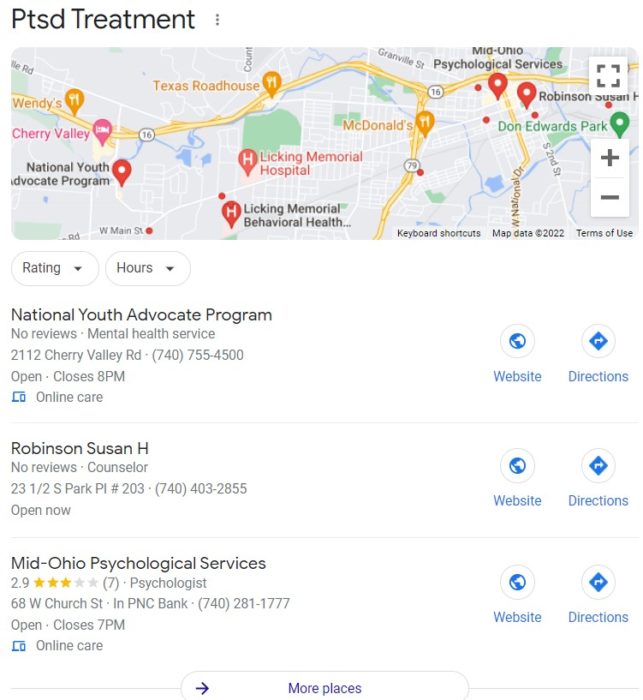
Using this key phrase will help him rank higher for those looking for PTSD treatment in his area. Ranking on general searches typically isn’t very profitable for small businesses. On the other hand, people using specific, local searches intend to purchase a product or service more often than not. Similar strategies can be used to localize other aspects of SEO.
How Does Local SEO Work?
Google My Business
In order to rank in the Local Map Pack, businesses need to have a Google My Business profile. Therefore, claiming a Google My Business profile should be your starting point (it has since been renamed to Google Business Profile). It’s free to all businesses.

This is the main location where customers will find your information within the Local Map Pack. Once you claim the listing, you can populate the different categories with information about your business. A description of what you do, your business hours, pictures (building interior, building exterior, team members, and product photos help to develop trust), products and services your business can fulfill on, contact information, a radius of the regions you can offer products or services to, accessibility details, and so much more. For example, restaurants have the option of uploading their menus and reservation links directly into their Google Business Profiles (Google My Business) so people can access it immediately from the Local Map Pack.
Online Directories & NAP Consistency
NAP stands for name, address, phone number. This information is some of the most important for your customers and search engines to know. NAP’s are also known as citations and citations are listed within online directories. In addition to the Google Business Profile mentioned above, there are many other online directories that are relevant for small businesses and can help improve their local search marketing strategies, as well as help inform customers about their offerings and drive business to both physical locations and websites.
It is important to have your business listed in relevant online directories and to feature consistent information. Your NAP should be accurate on every page of your website and every directory applicable to your business. If a businesses’ information varies from platform to platform, this hurts the user experience and can result in lower rankings on search engines. Not to mention that it can turn away potential customers because it causes distrust.
Prominent directories include:
- Google My Business / Google Business Profile
- Yelp
- Chamber of Commerce
- Manta
- Bing Places for Business
- Apple Maps
- Better Business Bureau
See a full list of the top online directories businesses should get listed in!
Pro Tip: Find local online directories to list your business information in—this tends to be easier to achieve a free and fast listing than on larger directories. There are also industry-specific online directories that may be highly relevant for your business and can attract targeted customers that can turn into leads or sales.
Quality Website
This may seem like common sense but a quality website will help your business perform better. Not only does it communicate your brand to the customer, but it proves to search engines that you are a legitimate and trusted organization aiming to provide the best possible user experience for your site visitors.
A website with high quality pages, no broken links, and a fast site speed performs much better in rankings. Local businesses tend to do much of their business face-to-face, but 74% of consumers want a hybrid customer experience (both in-person and online shopping). Many consumers research businesses online beforehand and your website can make-or-break this interaction.
Positive Reviews
The bread and butter of local businesses is reviews. Whether word of mouth or online, reviews from satisfied customers drive more traffic to a business. 93% of people say that online reviews influence their purchasing decisions. People are looking to see what others have to say about a business before they decide to visit in-person or make a purchase.
In addition to that, 4 and 5 star reviews are directly tied to ranking improvements online. Both quantity and quality matter in this case and it must be a priority to respond and manage existing reviews while simultaneously working to generate as many positive, authentic reviews as possible.
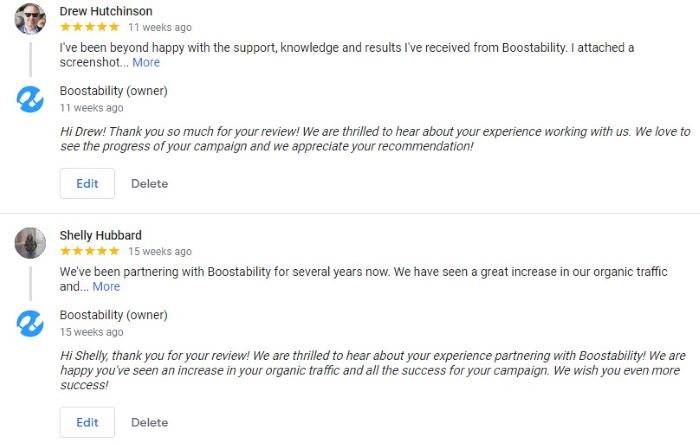
It’s important to remember that you cannot ask for positive reviews or sway a person into leaving a positive review—that goes against Google’s guidelines. However, you can ask for customers and clients to leave feedback. One of the main goals a business should strive for is to create the best possible customer experience so people have positive things to say about a businesses’ reputation.
On the chance that your business is associated with several negative reviews, do not delete them. Instead, view this as an opportunity to find a solution to the problem by responding to the person that left the poor review and assess how you can rectify the situation. When potential customers read those reviews, they will see your responses and know that you care about the customer’s experience. And the same goes for search engines!
Location-Specific Keywords & Optimized Content
Content is a way to add key search terms throughout your website while also engaging your consumer. Incorporating location-specific keywords on pages intended to rank is a key local search marketing strategy. Optimize the following with those keywords for best results:
- Page headers (such as H1, H2’s, and H3’s)
- Page meta title and description
- Image alt text (see Pro Tip below)
- Within webpage copy
Create content either on a separate page or within an About Us or Contact Page (use your judgment on what the most appropriate solution is to feature this information) that lists out directions, an embedded Google and Apple Map, geographical elements and landmarks, and anything else that can help search engines better understand what local search terms to rank your website for.
Be sure to also publish blogs, articles, videos, and other forms of content that appeal to your customer. Show them why your business answers the questions or solves the problems they have. By sharing high-quality content, you expose more people to your brand. And search engine algorithms monitor content, too. They measure your content in quality, how users interact with it, and the ability to demonstrate topical breadth and depth (how knowledgeable you are on a specific topic and related topics that can add value to your target audiences’ experience).
Link Building
If you have relevant and high-quality content, others might share it and link back to your business. When this happens, it results in a backlink (meaning a third-party website links back to your website) and it’s an extremely valuable local search marketing strategy for improving rankings and E-A-T for SEO.
What you create could take on a life of its own and promote your business to an even larger consumer base. There are several ways you can approach this, we recommend the following:
- Promote valuable content on social media and other platforms used to engage with your target audience.
- Identify websites that are linking to your competitors and contact them with a pitch for an even better, more valuable piece instead.
- Identify websites that are already mentioning your business (in a positive light) but are not linking to your site and request that they do.
Pro Tip: Image alt text is first and foremost used for ADA Compliance needs in which a software will read back what the image alt text is describing the image to be to individuals that have sight impairments. Therefore, the image alt text must describe what the image is.
For SEO, it’s not a violation to incorporate keywords as long as it doesn’t compromise what the image description is.
What is the Future of Local Search?
Many SEO trends translate over to local search as well. 71% of people prefer voice search over typing out a search. People search for places close to them versus generic searches on their phone. This has huge implications on local economies as it represents a new channel customers are using to find businesses.
As a result of this trend, queries are changing to become more conversational in content. You can take this information and shape the content on your website to reflect the same conversational tone while optimizing website content for local search marketing to rank for geographical queries.
Learn more about what voice search is and how it differs from search engine optimization!
Get Help Optimizing Your Local Search Marketing Strategy
Like traditional SEO, optimizing for local search marketing is an ongoing effort. Your competition is always working and so should you in order to stay ahead. And clearly there’s a lot that’s required of an SEO professional to do this right!
If you need help scaling your agency or need more bandwidth in delivering a quality local search marketing strategy to your clients, Boostability can help! Our white label local SEO services includes a team of SEO experts actively working on client campaigns, over a decade of experience in the industry, access to numerous resources and tools, and data-oriented strategies that improve online visibility and generate growth.
Get in touch with a Partner Success team member for more details on what you can expect as a white label SEO partner with Boostability or learn more about what white label SEO in our ultimate guide!
Related Articles:


